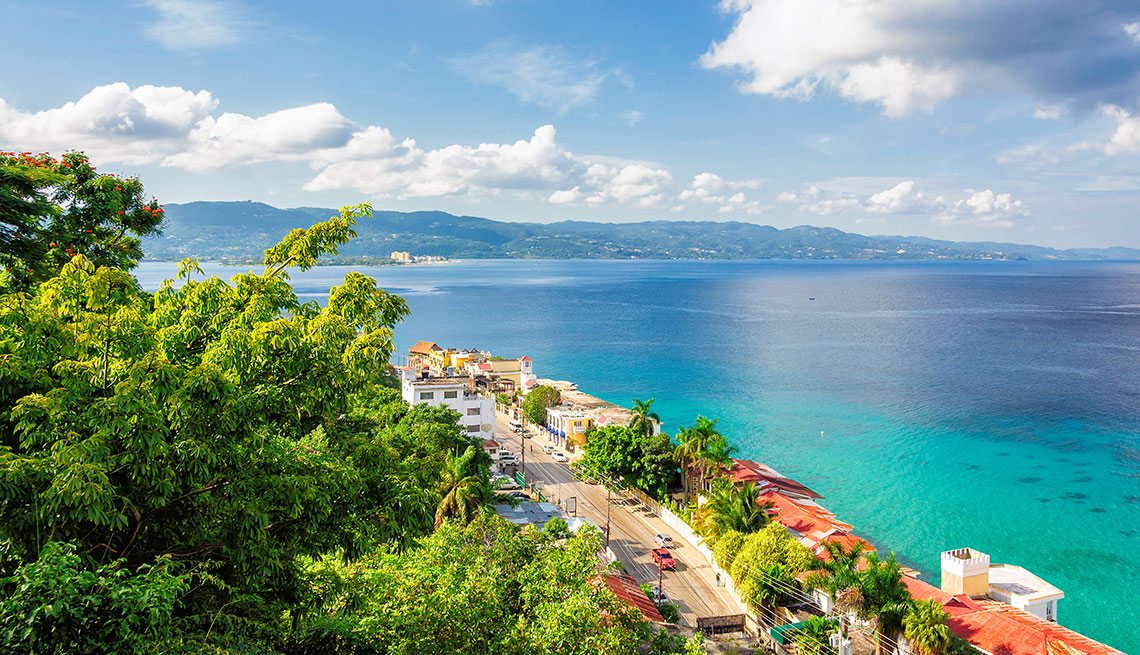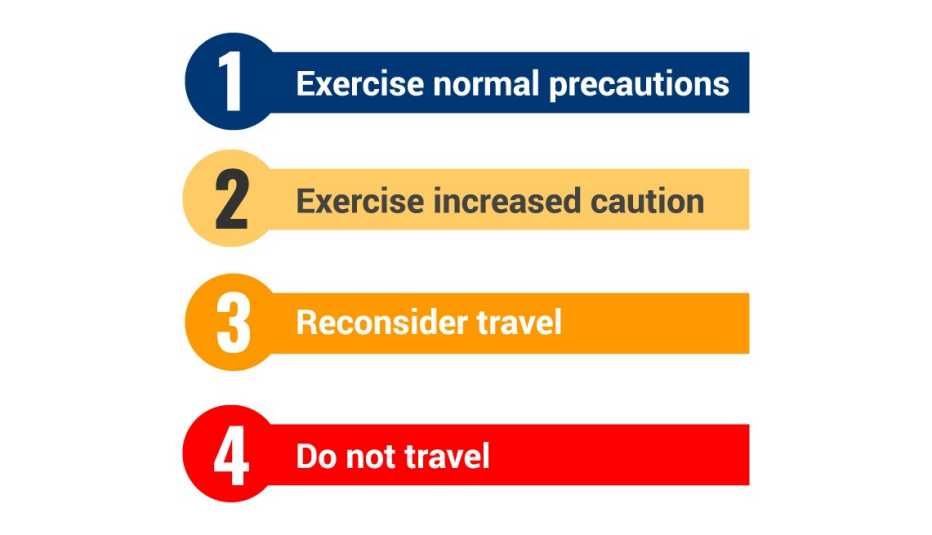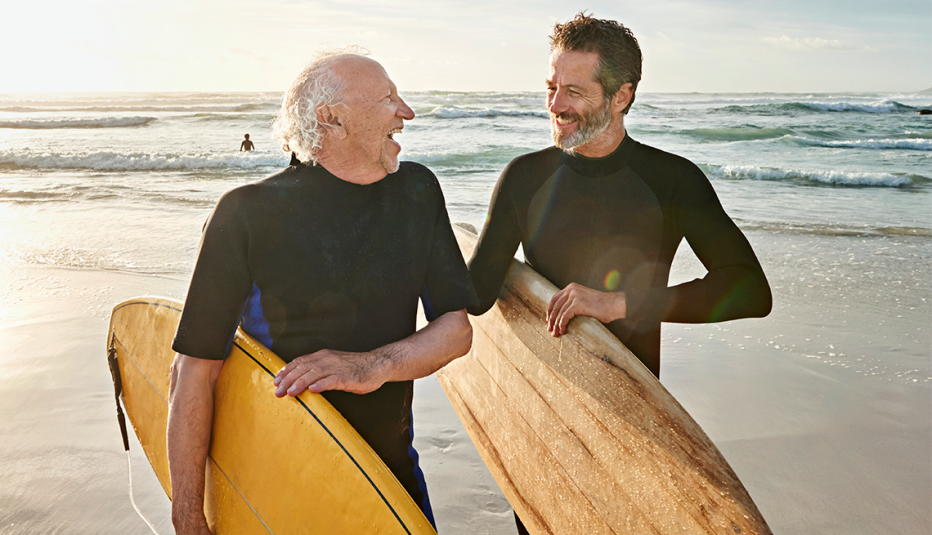AARP Hearing Center
Four days before I flew from Washington, D.C., to Mali, I received a list of 20 pre-trip suggestions from the U.S. Department of State. Among the recommendations: Draft a will, discuss your funeral wishes with your family, designate a hostage negotiator and leave DNA samples with your medical provider.
My stomach knotted when I read the advice. Mali is on the State Department’s highest-level don’t-go-there list, along with such volatile nations as Haiti and Iraq. But until then I hadn’t been worried. I’d be working in Mali with a nonprofit, One Global Village, that has served there for years. I knew the organization’s leaders and their emphasis on safety. And while the Islamic State group was terrorizing Mali’s north, we would be in the relatively safer south, working in a remote rural village.
I survived the 2020 journey without being kidnapped, robbed or shot, a feat I’ve managed on trips to numerous locations — from Guatemala to the West Bank — that provoke stern warnings from the State Department.
In the wake of the Oct. 7 attack on Israel, the State Department didn’t initially issue an updated travel advisory for Israel. It now says not to travel to Gaza because of terrorism and armed conflict and to reconsider travel to Israel and the West Bank because of terrorism and civil unrest. The State Department says that if you decide to travel to the region, you should check alerts on the website of the U.S. embassy in Israel for the latest information.
Popular destinations, including Mexico and Jamaica, have travel advisories. In Mexico, the department breaks down the advisories by state, with 13 states receiving “do not travel” and “reconsider travel” warnings. Kidnappings in Mexico in early 2023 raised questions about the safety of traveling to the country.
At the end of January, the State Department issued a level 3 travel advisory to “reconsider travel” to Jamaica, citing crime and medical services. The agency said “violent crimes, such as home invasions, armed robberies, sexual assaults, and homicides, are common.” The advisory added that sexual assaults also happen at all-inclusive resorts. As for medical services, the advisory said response times and quality of care are not as they are in the U.S. “We strongly encourage you to obtain traveler’s insurance, including medical evacuation insurance, before traveling to Jamaica,” the advisory said. The advisory also listed some neighborhoods and parishes as “do not travel.”
The Centers for Disease Control and Prevention (CDC) also issues advisories. On Dec. 8, the CDC issued a health advisory about an outbreak of tick-borne Rocky Mountain spotted fever among people who have recently traveled to or live in the city of Tecate, in Baja California, Mexico. Five people have been diagnosed since July, and three people have died, the health agency said.
According to the CDC, Rocky Mountain spotted fever is a “severe, rapidly progressive, and often deadly disease” that is contracted from the bite of infected ticks. In this outbreak, the five patients developed the disease within two weeks of travel to Tecate. The patients were hospitalized in Southern California. The agency says the antibiotic doxycycline is the best course of treatment.
Here are some insights on understanding advisories and staying safe.






































































